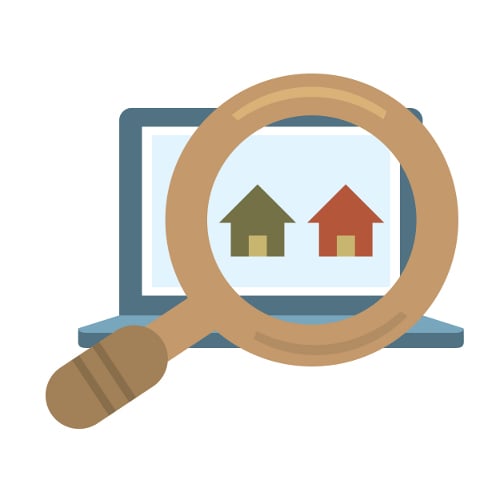You are viewing our site as an Agent, Switch Your View:
Agent | Broker Reset Filters to Default Back to List
Due to the ongoing situation with Covid-19, we are offering 3 months free on the agent monthly membership with coupon code: COVID-19A
UNLIMITED ACCESS
With an RE Technology membership you'll be able to view as many articles as you like, from any device that has a valid web browser.
Purchase AccountNOT INTERESTED?
RE Technology lets you freely read 5 pieces of content a Month. If you don't want to purchase an account then you'll be able to read new content again once next month rolls around. In the meantime feel free to continue looking around at what type of content we do publish, you'll be able sign up at any time if you later decide you want to be a member.
Browse the siteARE YOU ALREADY A MEMBER?
Sign into your accountHow to Use Google Alerts to Monitor Your Listings Online
March 13 2015
 Real estate agents invest in a lot of tools that promise to catapult their listings to the top of search results. But how close do your single property websites, virtual tours, IDX listing detail pages, etc. actually get to the top? One way to find out is to set up Google Alerts for each of your active listings. Here's how.
Real estate agents invest in a lot of tools that promise to catapult their listings to the top of search results. But how close do your single property websites, virtual tours, IDX listing detail pages, etc. actually get to the top? One way to find out is to set up Google Alerts for each of your active listings. Here's how.
Using Google Alerts to Measure SEO
You can track anything on Google Alerts--a name, a phrase. When you set an alert up, you're able to monitor, via email or RSS feed, each new online mention of that name or phrase. For monitoring listings, this will be the property address. Try setting up alerts for variations of the address--street, city, state; street and city; street and zip code, etc.
Do this as soon as you get a listing--that way, you can see where alerts originate from first. If your broker or MLS syndicates to one of the big portals, their property details page will likely be the first alert you'll receive. Part of that depends on how fast listing data is transmitted. The other part depends on the SEO of those pages. Web pages with poor SEO will take longer to show up--sometimes days or even weeks--or may not show up at all.
Let's imagine that you're paying for, say, a virtual tour solution and you're wondering if it's a good investment. Set up a Google alert to measure how long it takes for you to receive a notification of the tour's web or YouTube address. If you receive an alert soon after setting up and publishing a virtual tour, it's safe to say the SEO is good. If it takes longer than a day or two, that's a signal to evaluate whether or not you're getting a good ROI from that solution. When available, use the solution's onboard analytics to deepen your inquiry.









